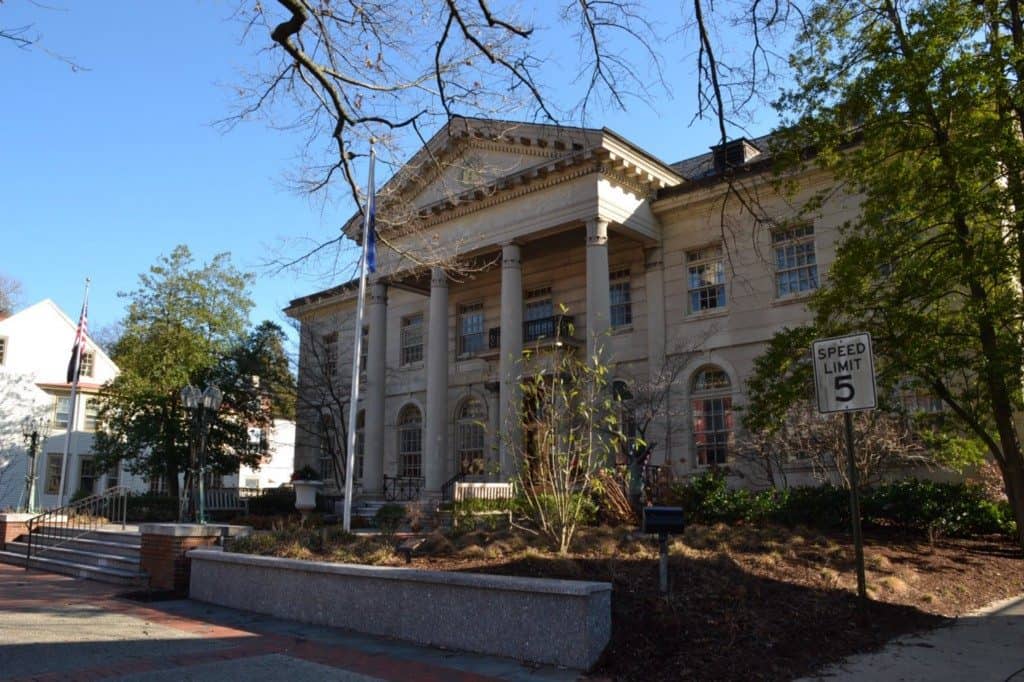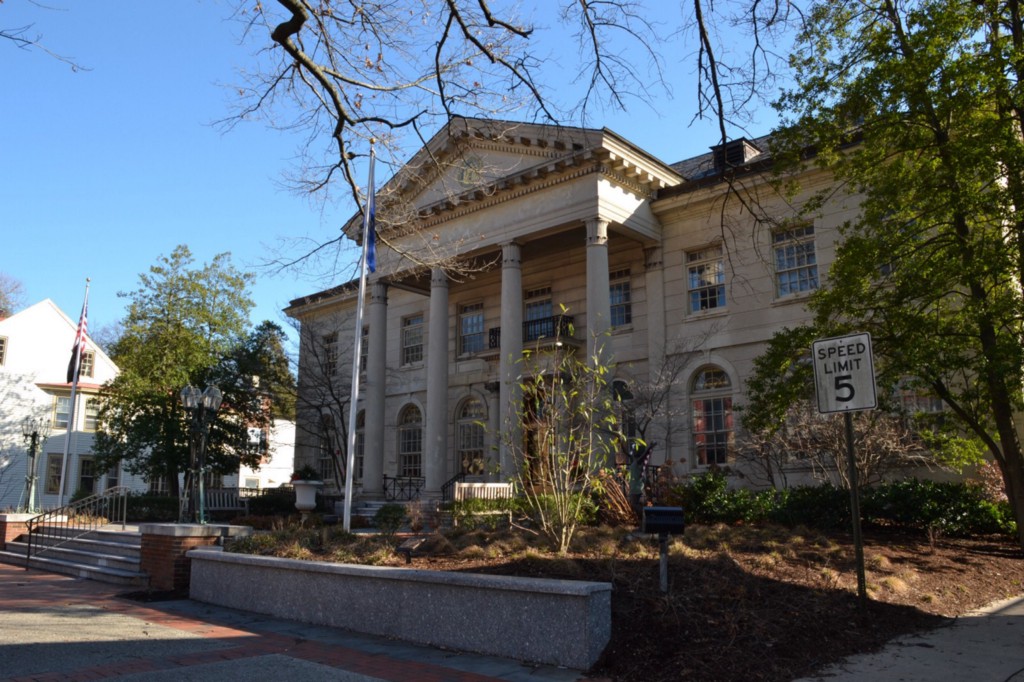
Moscatelli announces 5-year moratorium lifted for selection of roadways

Whether you’re a resident of Haddonfield, a traveller throughout South Jersey or traverse the entire Delaware Valley, you’re familiar with the frustration of driving on roadways that have been torn up and subjected to closures or lane restrictions due to construction or utility work.
The borough has come up with a solution intended to mitigate these travel headaches.
“As part of our Roads Program, we always notify all the utilities a year in advance of reconstructing a road with the hopes that they will address any infrastructure issues they have prior to our reconstructing the roadway. “We also notify the residents in case they were contemplating any utility work, like adding new gas service,” said Commissioner John Moscatelli.
Four sections of borough roadway on four streets came off the moratorium list last Dec. 31: Allen Avenue from Euclid to Wilkins; Euclid Avenue from West End to Westmont; Washington Avenue from Mountwell to Park Avenue; and Wilkins Avenue from Allen Avenue to Tanner Street.
In addition, two more sections of roadway are scheduled to come off the list as of Dec. 31, 2019: Mount Vernon Avenue from West End Avenue to Linden Avenue; and Pomona Avenue from Oak Avenue to Bellevue Avenue.
“Unfortunately, it is not at all uncommon for the utilities to open newly constructed roads almost immediately after they are completed. The road openings speed up the deterioration of the roads and effectively cost the taxpayers money,” Moscatelli added.
In an effort to curb this practice, in 2015, Moscatelli revealed, the borough enacted an ordinance that places a five-year moratorium on newly constructed roads. While under moratorium, those roads can only be opened with commissioner approval, and they require the road not just be patched, but that it be repaved from curb to curb and 20 feet beyond the limits of the opening.
This ensures the road is well restored, maintains the investment the borough has made in the road, while also providing a strong incentive to minimize opening in newly-paved roads. After a particular road falls off the moratorium list, regular road-opening procedures are followed, which allows for openings to be patched.
“Roads continue to be one of the biggest challenges we face. In 2018, we continued our high level of roads programs, reconstructing 18 blocks of borough roads at a cost of $1.8 million. For those living on streets that are currently in poor condition, we are getting to them as quickly as we can with the resources we have. In 2019, we anticipate funding the roads program at 2018 levels, reconstructing 15 blocks of roadway. I’d like to thank all the residents and businesses impacted by the road construction for their patience. Construction is always inconvenient,” Moscatelli added.
Moscatelli suggested property owners should complete any and all home modifications that require a street-opening permit before March of the year that a particular road is listed for reconstruction. This would include, but is not limited to, changes to heating systems that would require a gas line installed or alterations to water and sewer services. Once the street has been paved, that five-year moratorium on street opening kicks in.









